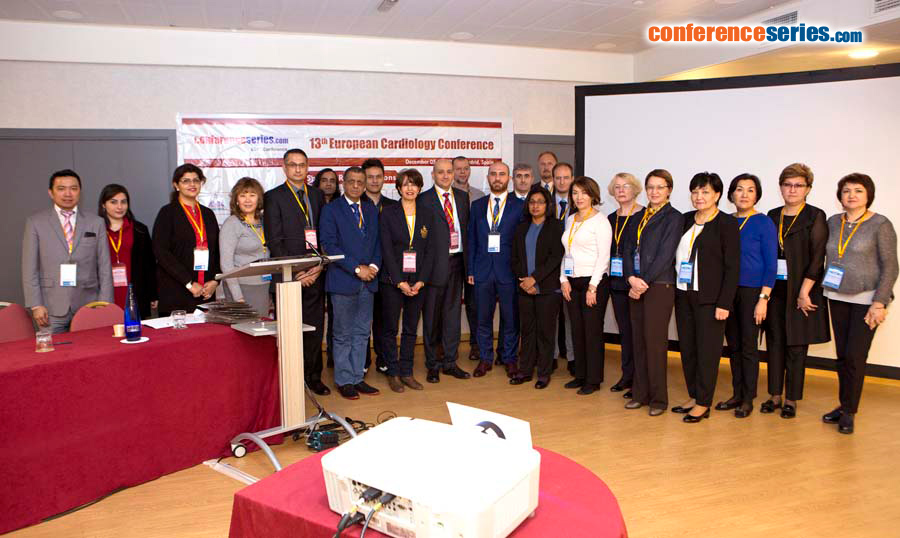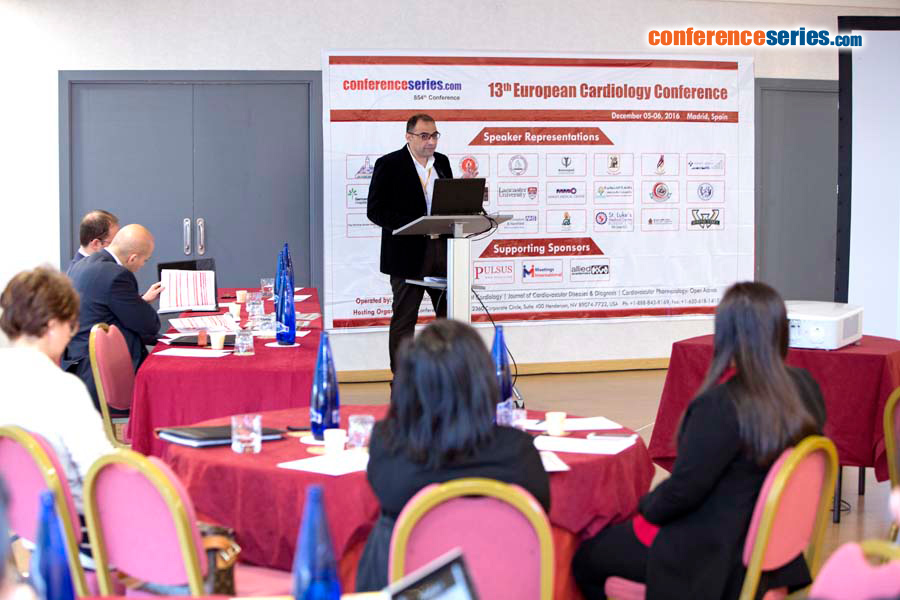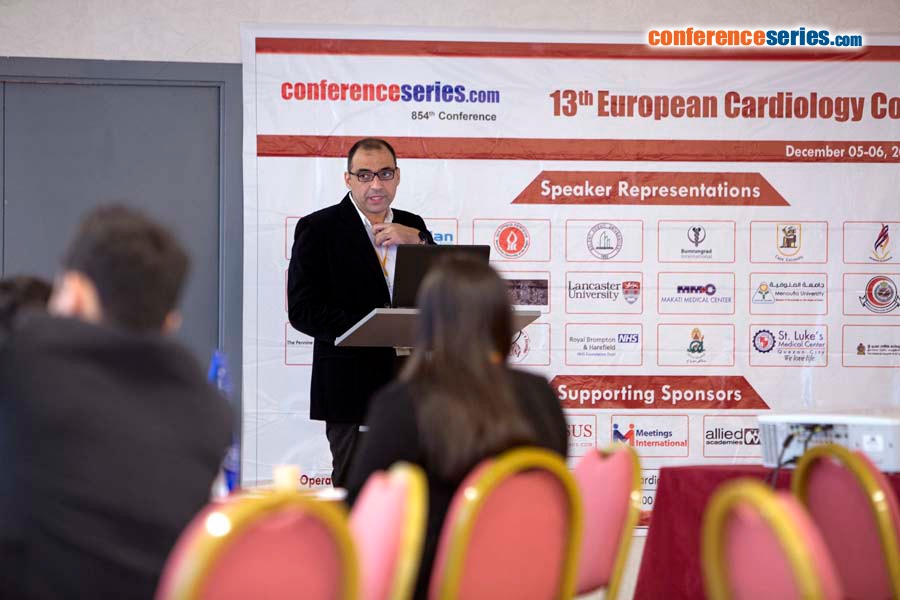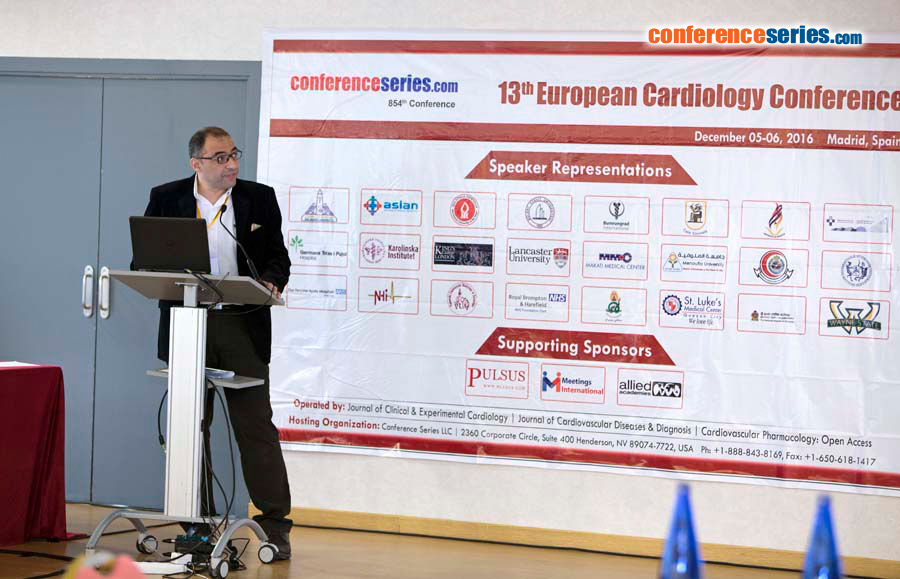
Ahmed Mostafa
Ain Shams University, Egypt
Title: Review of sixty tracheal resections and anastomosis. A seven year experience of a tertiary egyptian referral institute
Biography
Biography: Ahmed Mostafa
Abstract
Introduction: Tracheal stenosis is one of the major complications following prolonged endotracheal intubation. Tracheal resection and anastomosis has proved to be the best solution for this serious problem. This study aims to review the experience of our institute in 7 years with patients presenting with postintubational tracheal stenosis.
Methods: A retrospective study was performed in the period between January 2009 to January 2016. This study involved patients who presented to Ain Shams University Hospitals with postintubational tracheal stenosis, and who underwent tracheal resection and anastomosis as a primary treatment.
Results: We operated upon 60 patients. We excluded glottic stenosis pathology, and patients with major co-morbidities with tracheostomies or stents as definitive treatment . Patients included 42 males (70%), 18 females (30%). Mean age was 28.35 (ranging from 2 to 72 years). At presentation, 45 patients ( 70%) had previous endoscopic dilataions, 38 patients (63.3%) had tracheostomies, 19 patients ( 31.6%) had history of tracheal stenting. Seventeen patients (28.3%) had cricotracheal resections (CTR) for subglottic stenosis. Cervicotomy was sufficient in 41 patients (68.3%), additional manubriotomy was needed in 15 patients (25%), while full sternotomy was done in only 4 patients (6.6%). All patients were given a chance for immediate postoperative extubtion. Anastomotic success rate was (96.6%). In hospital mortality was (1.6%).
Conclusion: Tracheal resection and anastomosis proves to be a safe and satisfactory option for postintubational tracheal stenosis. This intervention must be applied widely in developmental countries where there is frequent rush for tracheostomies, and abuse of tracheal stenting and dilatation. Quality of life improves dramatically following an effective surgery.





